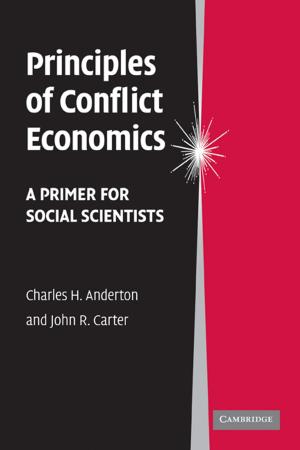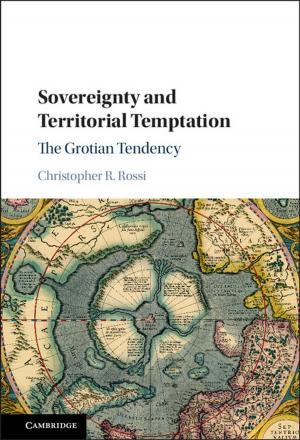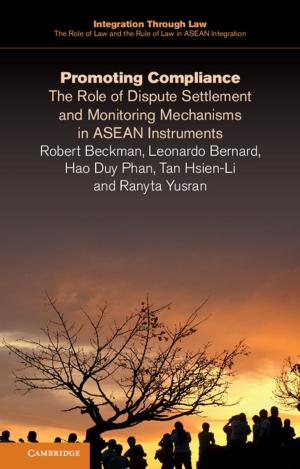Mass Religious Ritual and Intergroup Tolerance
The Muslim Pilgrims' Paradox
Nonfiction, Social & Cultural Studies, Political Science, International, Foreign Legal Systems, Social Science| Author: | Mikhail A. Alexseev, Sufian N. Zhemukhov | ISBN: | 9781108126366 |
| Publisher: | Cambridge University Press | Publication: | July 14, 2017 |
| Imprint: | Cambridge University Press | Language: | English |
| Author: | Mikhail A. Alexseev, Sufian N. Zhemukhov |
| ISBN: | 9781108126366 |
| Publisher: | Cambridge University Press |
| Publication: | July 14, 2017 |
| Imprint: | Cambridge University Press |
| Language: | English |
Under what conditions does in-group pride facilitate out-group tolerance? What are the causal linkages between intergroup tolerance and socialization in religious rituals? This book examines how Muslims from Russia's North Caucuses returned from the Hajj pilgrimage to Mecca both more devout as Muslims and more tolerant of out-groups. Drawing on prominent theories of identity and social capital, the authors resolve seeming contradictions between the two literatures by showing the effects of religious rituals that highlight within-group diversity at the same time that they affirm the group's common identity. This theory is then applied to explain why social integration of Muslim immigrants has been more successful in the USA than in Europe and how the largest Hispanic association in the US defied the clash of civilizations theory by promoting immigrants' integration into America's social mainstream. The book offers insights into Islam's role in society and politics and the interrelationships between religious faith, immigration and ethnic identity, and tolerance that will be relevant to both scholars and practitioners.
Under what conditions does in-group pride facilitate out-group tolerance? What are the causal linkages between intergroup tolerance and socialization in religious rituals? This book examines how Muslims from Russia's North Caucuses returned from the Hajj pilgrimage to Mecca both more devout as Muslims and more tolerant of out-groups. Drawing on prominent theories of identity and social capital, the authors resolve seeming contradictions between the two literatures by showing the effects of religious rituals that highlight within-group diversity at the same time that they affirm the group's common identity. This theory is then applied to explain why social integration of Muslim immigrants has been more successful in the USA than in Europe and how the largest Hispanic association in the US defied the clash of civilizations theory by promoting immigrants' integration into America's social mainstream. The book offers insights into Islam's role in society and politics and the interrelationships between religious faith, immigration and ethnic identity, and tolerance that will be relevant to both scholars and practitioners.















